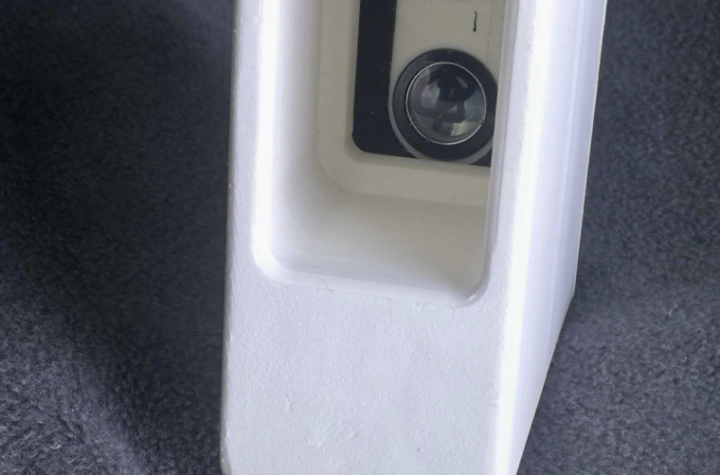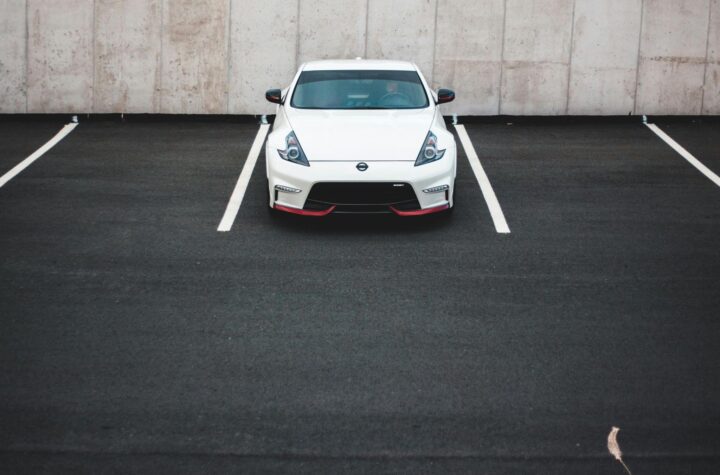
The Santa Monica-headquartered CODA Automotive will be delivering its electric sedan by the end of 2010. The company expects to deliver over 14,000 vehicles to customers in California by end-2011. While CODA Automotive is a Southern California company, it has alliances across the globe. One of the most important of these is a joint venture with Chinese firm Lishen Power Battery.
Lishen is China’s leading producer of rechargeable lithium-ion cells and current cell supplier to consumer electronics manufacturers like Motorola, Samsung and Apple among others. Recently CODA and Lishen managed to raise USD 394 million of capital to increase the production of automotive-grade lithium-ion battery and utility power storage systems. The joint venture secured USD 100 million in committed equity capital and has received a commitment for a USD 327 million line of credit from the Bank of Tianjin Joint-Stock Co., Ltd.
“The uncertainty of battery supply is an issue that plagues many electric vehicle manufacturers today. This longâ€term agreement (with Lishen) has enabled us to design an integrated battery system with an existing world-class partner with mass manufacturing capacity. That enables us to rapidly industrialize CODA’s power system for commercial volume production and to scale the business. Eventually, we expect to manufacture batteries in the US, ” said Kevin Czinger, president and CEO of CODA Automotive.
CODA Automotive was formally announced just a year ago but has been working with electric vehicles for years and employs a unique business model. The company teamed with American partners to develop an American designed and manufactured electric drivetrain as well as battery system electronics to serve as the foundation for the CODA car. “Then, we partnered with the most highly proficient and advanced companies from around the world, from China to Europe, to build a safe and affordable all-electric car. All the while, CODA Automotive maintained control of our brand, design, and critical intellectual property. To us, it seemed only natural that a global problem should find a global solution. We believe in balanced development. CODA’s approach is a smart, inter-dependent global solution that creates jobs right here in the U.S. and abroad. It’s a win-win situation for everyone,” said Czinger.
CODA has supply agreements for the vehicles’ key electric drive components with a number of US partners including UQM Technologies, BorgWarner, Nexteer Automotive, Delphi and others. “These strategic partnerships are allowing us to bring electric drive technology to consumers more quickly and efficiently than if we’d gone it alone,” said Czinger.
The company says that CODA’s internal team, along with specialized US and European engineering partners, oversee the manufacturing process to ensure that CODA vehicles are built to Western safety specifications and market expectations. This includes vehicle body design, safety engineering, the design and engineering of the battery pack, battery management system and power electronics, and additional engineering to integrate an electric vehicle drivetrain which comprises primarily of Tier 1 USâ€based supplier components into the chassis. The CODA sedan is engineered to be FMVSS compliant and based on existing crash test results the company expects a four or fiveâ€star NCAP crash rating.
The company describes its sedan as an all electric, zero emission, four-door car that seats 5 passengers. It will achieve up to 80 mph with an average range of 100 miles per charge and comes fully equipped for comfort, convenience and safety. Factory-standard equipment includes navigation with turn-by-turn directions, GreenScreenTM that monitors driving efficiency, roadside assistance with an emergency button, a Bluetooth® system with an embedded microphone, satellite-ready AM/FM/XM radio, MP3/USB connectivity, iPod® dock, security system, aluminum wheels, and power windows, doors and mirrors. Safety equipment includes Anti-lock Brakes with Electronic Stability Control and advanced airbags with an occupant detection system. The vehicle is backed by a three-year/36,000 mile warranty and the battery is guaranteed for eight-years/100,000 miles.
Automotive Industries spoke to Kevin Czinger, president and CEO of CODA Automotive.
AI: Have you decided on the dates when your all-electric sedan will roll out later this year?
We are on track to begin delivering vehicles in the fourth quarter of this year. By the end of 2011, we expect to deliver more than 14,000 vehicles to consumers and commercial fleet operators in the U.S. We recently announced plans to open an office in Singapore which will support the homologation of our vehicle for right-hand drive markets in Europe and Asia.
AI: What kind of initial customer response has the CODA sedan evinced in terms of pre-launch bookings? How will manufacturing be ramped up over the next few years?
There is a tremendous pent-up demand for all-electric vehicles. Every week thousands of consumers visit our website at www.codaautomotive.com to learn about electric vehicles, engage with our brand and sign up to be added to our waiting list – and the number keeps growing. Today, we have the capacity to produce more than 15,000 vehicles per year with room to ramp-up if need be.
AI: What are some of the challenges you face in working with such a large network of US and international suppliers to build the CODA sedan?
Locking-in key supply contracts was one of my first responsibilities as CEO, and today, we have more than 30 partners on four continents. The major challenge on the engineering side was modifying off-the-shelf components to our specs and preparing them for series production. The automotive industry is inherently global. Working cohesively with suppliers is part of the business.
AI: How do you maintain quality standards when dealing with so many suppliers?
We find and hire the best automotive engineers in the business and partner with the most organized, efficient and experienced suppliers we can identify. Quality and safety have been our number one priorities since day one.
AI: Tell us about your JV with Lishen – when are you likely to manufacture lithium-ion batteries in the US?
Our JV with Lishen – Lio Energy Systems – is an example of two international companies working together in a productive way to accelerate the development of an advanced technology and create new jobs and industries around the world. The product we have created is an affordable, purpose built, automotive grade lithium iron phosphate battery system complete with advanced thermal and battery management systems. In terms of manufacturing batteries in the U.S., we recently submitted an application to the Department of Energy to build a battery pack manufacturing facility in Central Ohio. If all goes according to plan, we will begin to assemble packs in 2011.











More Stories
Click Shield from MIKROE simplifies integration of Arduino Portenta with over 1600 Click boards
Optimizing Mid-Power Silicon MOSFETs for Automotive Applications
Paolo Pininfarina named the 2024 Laureate of The American Prize for Design